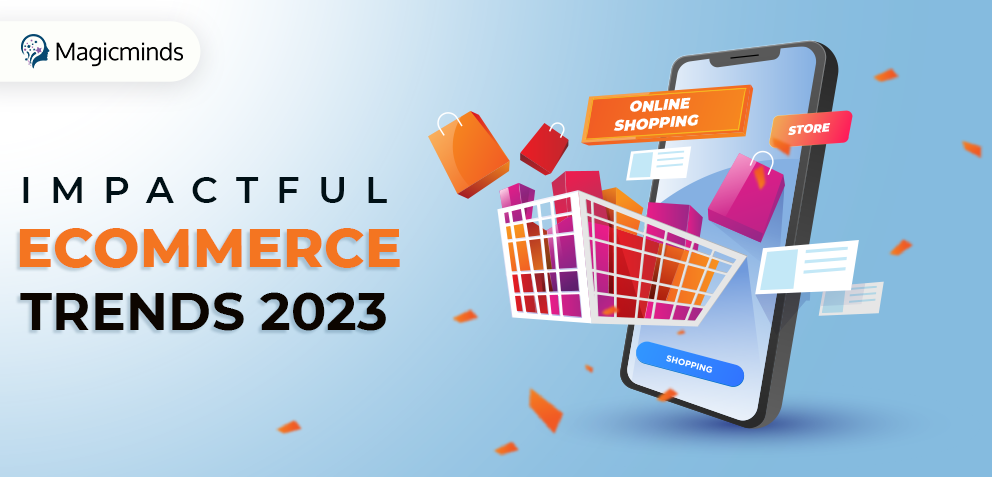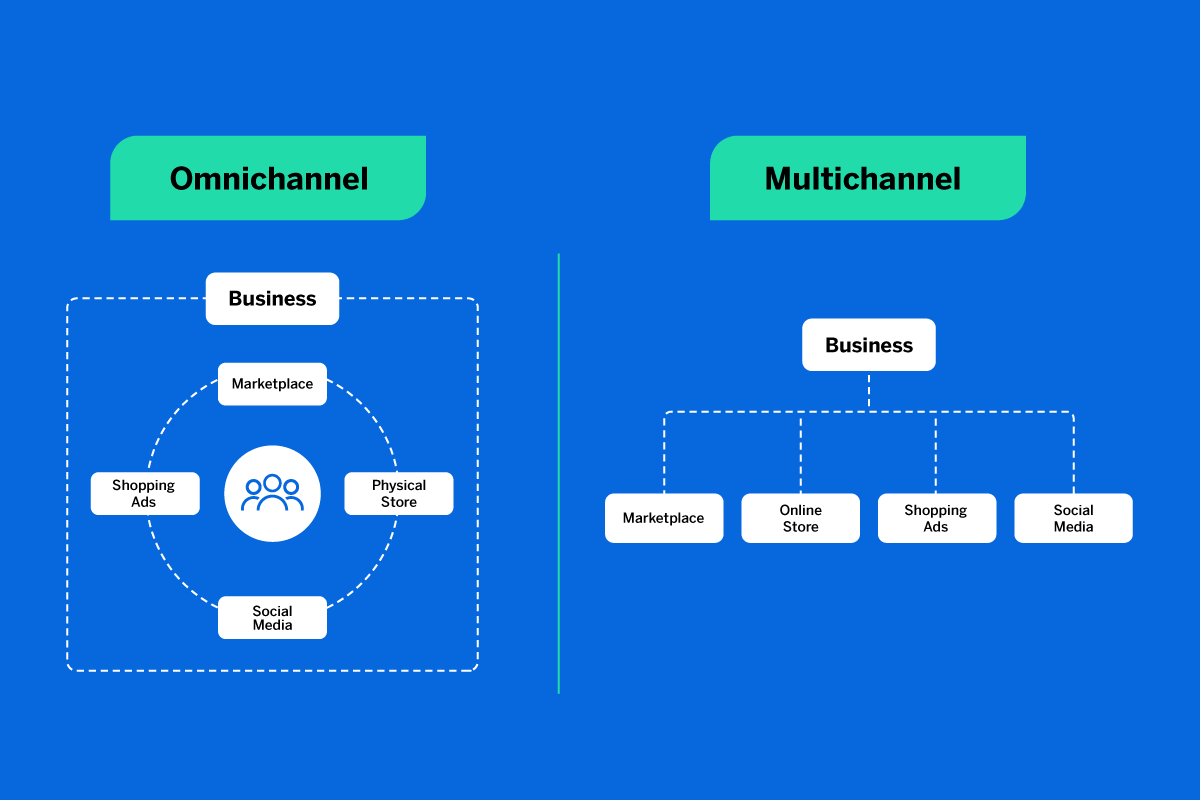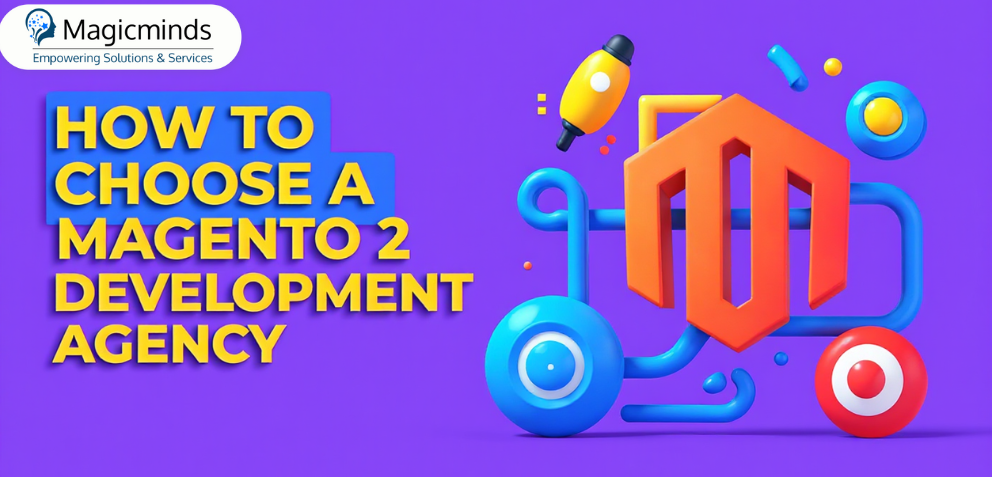Exploring the Future of eCommerce Trends in 2023

Tags
 Stay In-the-loop
Stay In-the-loop
Get fresh tech & marketing insights delivered right to your inbox.
Share this Article
Category
- .Net Developer
- Adtech
- Android App Development
- API
- App Store
- Artificial Intelligence
- Blockchain Development
- Chatbot Development
- CMS Development
- Cybersecurity
- Data Security
- Dedicated Developers
- Digital Marketing
- Ecommerce Development
- Edtech
- Fintech
- Flutter app development
- Full Stack Development
- Healthcare Tech
- Hybrid App Development
- iOS App Development
- IT Project Management
- JavaScript development
- Laravel Development
- Magento Development
- MEAN Stack Developer
- MERN Stack Developer
- Mobile App
- Mobile App Development
- Nodejs Development
- Progressive Web Application
- python development
- QA and testing
- Quality Engineering
- React Native
- SaaS
- SEO
- Shopify Development
- Software Development
- Software Outsourcing
- Staff Augmentation
- UI/UX Development
- Web analytics tools
- Wordpress Development
Did you know that projected global online retail sales will exceed $7 trillion by 2025? The world of eCommerce demands staying at the forefront of emerging eCommerce trends 2023, and everyone who’s into online business must be wakeful about it. As we delve into the trends in eCommerce, we’ll explore the transformative shifts and innovations shaping how we shop online in 2023 and beyond.
Raging eCommerce Trends to Follow in 2023
Trend 1: Hyper Personalization
Trend 2: Voice Commerce Revolution
Trend 4: Sustainable and Ethical Consumerism
Trend 5: Subscription Ecosystem
Trend 6: AI Chatbots in eCommerce
Trend 7: Conversational Marketing
Trend 8: Omnichannel Customer Experience
Trend 9: Buy Now Pay Later (BNPL)
A Deep Dive into 2023’s Impactful eCommerce Trends
Trend 1: Hyper Personalization
Personalization is set to reach new heights in 2023 as a study by Salesforce found that 75% of consumers are more likely to shop with a brand that offers personalized experiences. Apart from eCommerce businesses, leading Magento eCommerce development companies are harnessing the power of data analytics and AI to offer personalization services.
By analyzing customer behavior, preferences, and historical data, eCommerce businesses can create highly individualized shopping experiences. This trend was in the spotlight earlier but it became a broader part of eCommerce trends in 2023.

One aspect of personalization that will become more prominent is predictive shopping. eCommerce platforms will use algorithms to anticipate what customers might need before they even search for it.
For example, if a customer frequently buys running shoes, the platform might suggest relevant accessories like socks or fitness trackers. Moreover, personalized advertising will become more applicable and sophisticated than ever.
Trend 2: Voice Commerce Revolution
Smart speakers and virtual assistants like Amazon’s Alexa and Google Assistant have paved the way for this trend. Shoppers can now use voice commands to add items to their shopping carts, check prices, and place orders without ever touching a screen. This trend was made possible with the AI chatbot development service for eCommerce.
This trend will encourage online businesses, including those specializing in Magento eCommerce development services and Shopify store development services, to optimize their product listings for voice search.
They’ll need to understand the natural language queries customers use when speaking to their devices. Additionally, customer service via voice assistants will become more sophisticated, providing instant assistance and resolving issues seamlessly.
Trend 3: AR/VR Wave in eCommerce
These immersive technologies will enable consumers to interact with products in ways previously unimaginable. Below are some instances and use cases of how AR/VR technologies are going to shape the future of online shopping.
Within the fashion industry, AR will allow shoppers to virtually try on clothing and accessories, seeing how they look and fit in real-time. In the furniture sector, customers can visualize how a new sofa or table will fit into their living spaces through VR simulations.
Majority of the eCommerce businesses, particularly those focused on eCommerce chatbot development, will eventually invest in AR/VR to reduce returns and enhance customer satisfaction.
Trend 4: Sustainable and Ethical Consumerism
As sustainability concerns continue to grow, online shopping platforms have responded by promoting eco-friendly products and sustainable practices. Brands that commit to transparency in their supply chains and ethical manufacturing will gain a competitive edge.
The environment friendly trend allowed consumers to have access to more information about the environmental impact of products they purchase. This transparency will extend to packaging, with eco-friendly materials and reduced waste becoming standard.
Ethical shopping also encompasses fair labor practices and supporting local artisans and small businesses. eCommerce platforms will enable consumers to make choices that align with their values.
Trend 5: Subscription Ecosystem
Subscription-based eCommerce models are thriving in 2023 as one of the leading eCommerce product trends in 2023. Consumers will increasingly opt for subscription services that provide convenience and personalized products on a regular basis.
Leading Magento eCommerce development companies and Shopify store development service providers will play a significant role in enabling businesses to offer subscription-based services. These platforms will need to ensure the seamless management and customization of subscription offerings to cater to evolving customer preferences.
Trend 6: AI Chatbots in eCommerce
In 2023, AI has already made an impact and is set to play an increasingly pivotal role in enhancing the eCommerce experience, reflecting the upcoming eCommerce trends in 2024. Chatbots powered by AI development will become ubiquitous on eCommerce websites, providing instant and personalized customer support. These virtual assistants will answer inquiries, track orders, and even make product recommendations, improving user engagement and satisfaction.

Additionally, AI-driven product recommendations will become more precise, significantly boosting conversion rates and customer loyalty.
Behind the scenes, AI will automate various aspects of eCommerce operations. Inventory management, demand forecasting, and pricing optimization will be powered by AI algorithms, making businesses more agile and efficient.
Trend 7: Conversational Marketing
Through conversational marketing, customers can obtain information about products or services and even make purchases with the assistance of chatbots or live agents.
Conversational marketing offers numerous advantages to online shopping businesses, such as
- Facilitating meaningful customer interactions
- Driving sales through personalized recommendations
- Sending personalized offers & discounts
Meanwhile, conversational marketing also gathers valuable real-time feedback and customer data to make strategic decisions and reduces operational costs by providing efficient customer support.
To harness the power of conversational marketing, eCommerce business owners should consider eCommerce chatbot development for their official website and social media platforms.
Trend 8: Omnichannel Customer Experience
Omnichannel customer experience in eCommerce refers to the practice of streamlining all customer interactions across multiple channels, treating each interaction or touchpoint as part of a single, frictionless whole.

To create a seamless omnichannel customer experience, businesses need to fully understand their customer journey, and all the touchpoints that lead to purchase and beyond. Mapping the customer journey also helps businesses identify where gaps and issues arise and accordingly optimize the entire shopping journey.
Trend 9: Buy Now Pay Later (BNPL)
Catering to budget-conscious customers is crucial in terms of trends in eCommerce. That’s where the ‘Buy now, pay later’ (BNPL) scheme comes in. It lets shoppers split their payments into manageable installments instead of paying upfront, making it an attractive option for those who love a product but need some financial flexibility.
Surprisingly, 39% of consumers now prefer BNPL over credit card payments, mainly because BNPL agreements typically don’t involve interest charges. Among age groups, it’s the 34-44-year-olds who favor BNPL the most, with 50.1% choosing this option, followed closely by the 25-34 age group, with 48% of consumers preferring BNPL.
Leading platforms like Klarna, PayPal, and Mastercard have embraced the BNPL model with open arms. It has been proven to reduce cart abandonment rates, boost overall sales, streamline the checkout process, and increase the average order value.
Trend 10: Zero Third Party Data and Privacy
Consumer privacy concerns and the desire for transparency have prompted changes in data collection approaches, especially in Europe, where some countries have banned third-party data use. In response, companies have adopted a zero-party data strategy.
This strategy involves direct data collection from willing customers, allowing them to opt out or customize their cookie preferences during data collection. This shift is a big part of the eCommerce trends of 2023, emphasizing transparency and consent in data collection.
Sephora, a beauty industry leader, has successfully implemented this approach, leveraging its loyalty program to offer tailored product recommendations and search results.
Trend 11: Mobile and Social Commerce Integration
Amidst the many innovative eCommerce web applications, mobile commerce continues to be an individual lifestyle as well as a growing eCommerce trend in 2023. To cater to mobile shoppers, eCommerce platforms must prioritize mobile optimization and adopt mobile-first design principles for a seamless user experience.
In tandem with mobile commerce, social commerce is on the rise as well. Social media platforms can seamlessly integrate with eCommerce to enable the users to shop directly through posts with features like shoppable posts. Additionally, social commerce has already extended its branches to live streaming and influencer marketing that enables real-time purchases.
Conclusion
While these trends offer a glimpse into the future of eCommerce, it’s essential to stay agile and be ready to embrace innovations as they emerge. In conclusion, the future of eCommerce looks pretty promising, with numerous trends reshaping the industry.
Looking to leverage these trends for your business? Discover how Magicminds can enhance your eCommerce development strategies and drive growth. Let’s work together to propel your eCommerce business into a prosperous future.


